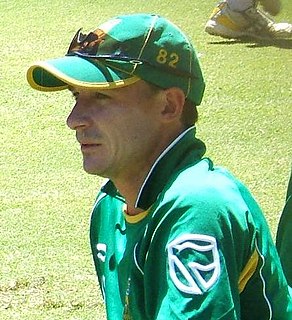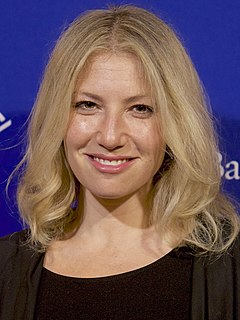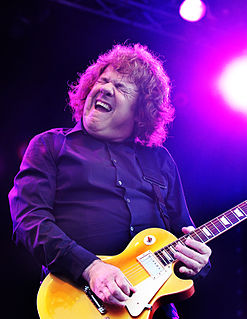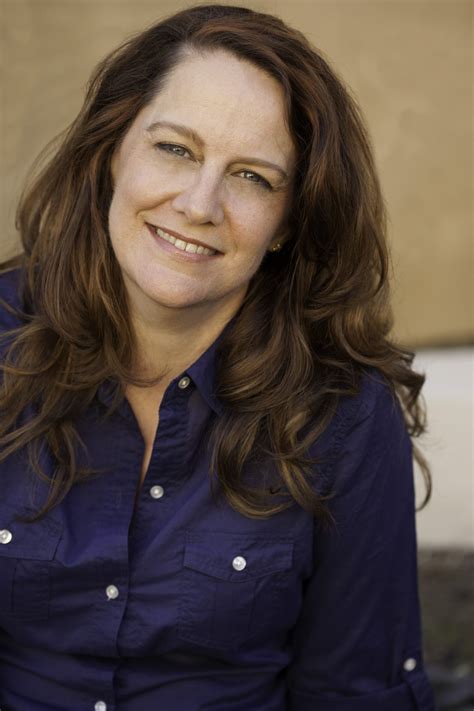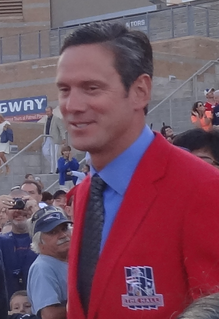A Quote by Daniel Barenboim
You have to really have the will to hang onto the first note as it is being played, and then really stay with it and take the flight, as it were, you know, for the duration of the piece.
Related Quotes
As far as producing, once we started shooting, I soon realized where the critical decisions about the movies were really being made, and it wasn't on the set. They were being made in the production meetings. That's where producing a movie happens. And that's where I wanted to be. I didn't just want to be a piece, a pawn being played. I wanted to take part in the creative process, and that's how I sort of got introduced to the idea.
Maybe the first time that you know you really care about something is when you think about it not being there,and when you know-you really know-that the emptinessis as much as inside you as outside you.For it falls out,that what we have we prize not to the worth whiles we enjoy it;but being lacked and lost,why,then we rack the value,then we find the virtue that possesion would not show us while it was ours.That's when I knew for the first time that I really did love my sister.
I played a lot of sports when I was a kid so I get in that ballgame mindset of being really, really respectful, but at same time saying to yourself, "Don't back down a single inch, hang with these guys if you can." If they throw it high and tight you have to stand in there, you can't take yourself out of that moment.
I played a lot of sports when I was a kid so I get in that ballgame mindset of being really, really respectful, but at same time saying to yourself, 'Don't back down a single inch, hang with these guys if you can.' If they throw it high and tight you have to stand in there, you can't take yourself out of that moment.
I think being an editor really helped me take other people's notes on my writing. I'd get a note like 'It's too wet' or 'The first couple chapters are good, but then the rest of the pages were so wet that they were completely illegible' or 'Did you dip this in Sprite? This smells like Sprite. Why would you dip your novel in Sprite?' And instead of pushing back, I'd listen. That's an incredibly important skill for a young writer to have.
The amazing thing about the cistern is that, if you're improvising in a dead room, you play your note and then you're left with your thoughts and you have to be really quick on your feet and be able to move through many different musical thoughts seamlessly. Improvising there is just, like, you play a note and then you had at least ten seconds to think, "What would be the perfect accompanying note to that?" And then you could add that note. You can just build this puzzle that was really amazing.
Coming out of graduation, I didn't immediately know what direction I wanted to do so I decided to just stay as an intern until it really kind of dawned on me and I felt more compelled one way or the other. So I gave it a few years and then after two years it was really clear that deep down I missed being a full time creative artist. Ironically, I started getting clients who were all in the entertainment industry and a lot of them were in comedy!
We played around and improvised a ton [in The Hangover], and I think it's hard to say at this point what's what. Gosh, I wouldn't even know how to take a stab at it. The script was so good that we really didn't need to improvise very much, but I think we just found a lot of moments on the set. It's really cool when you get onto the set of a movie and you start shooting the scenes and you start to actually incorporate the environment.

